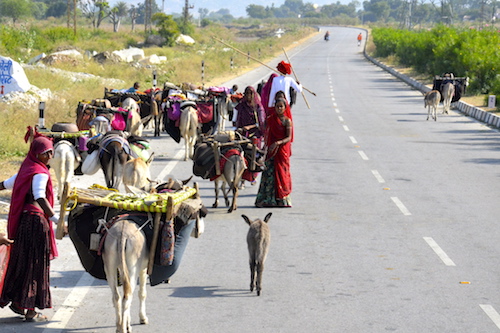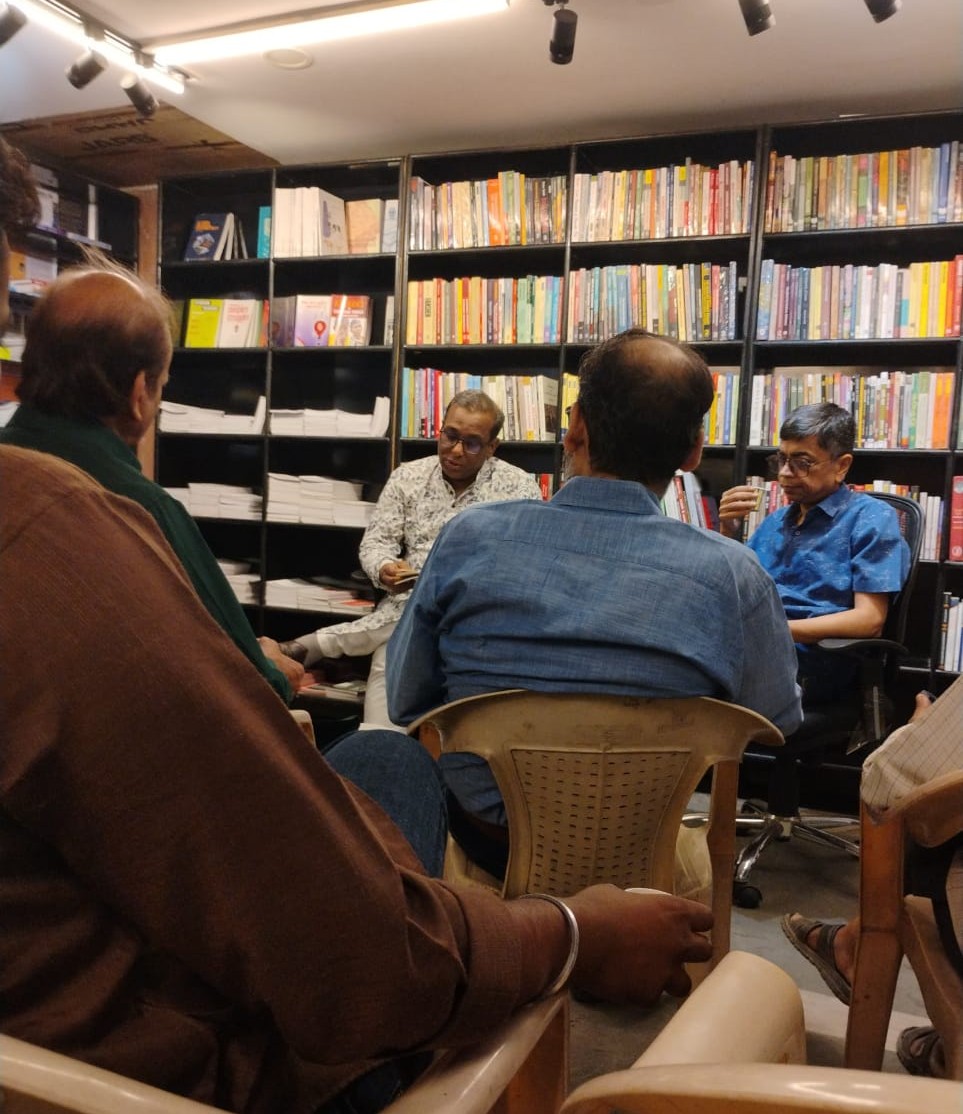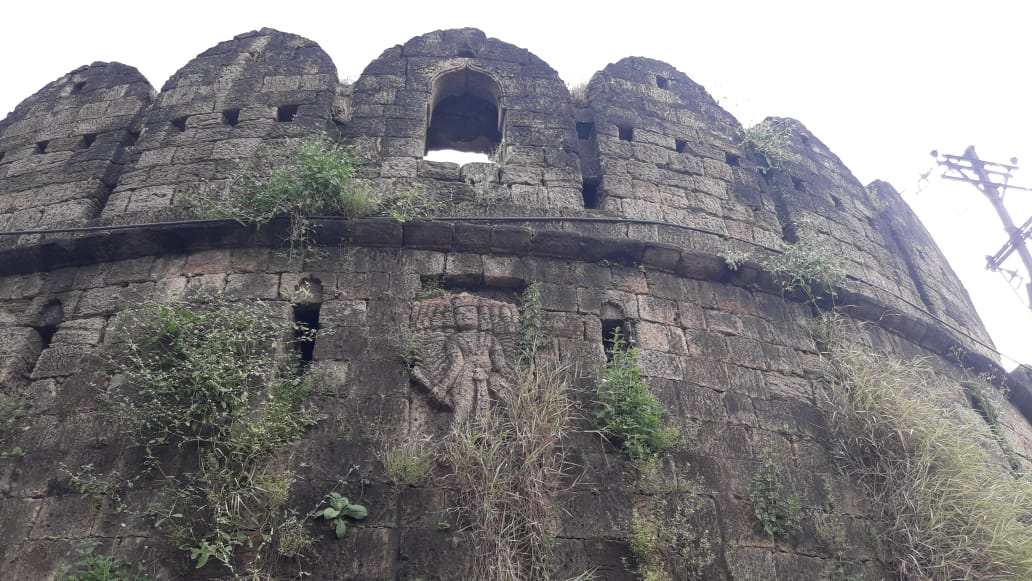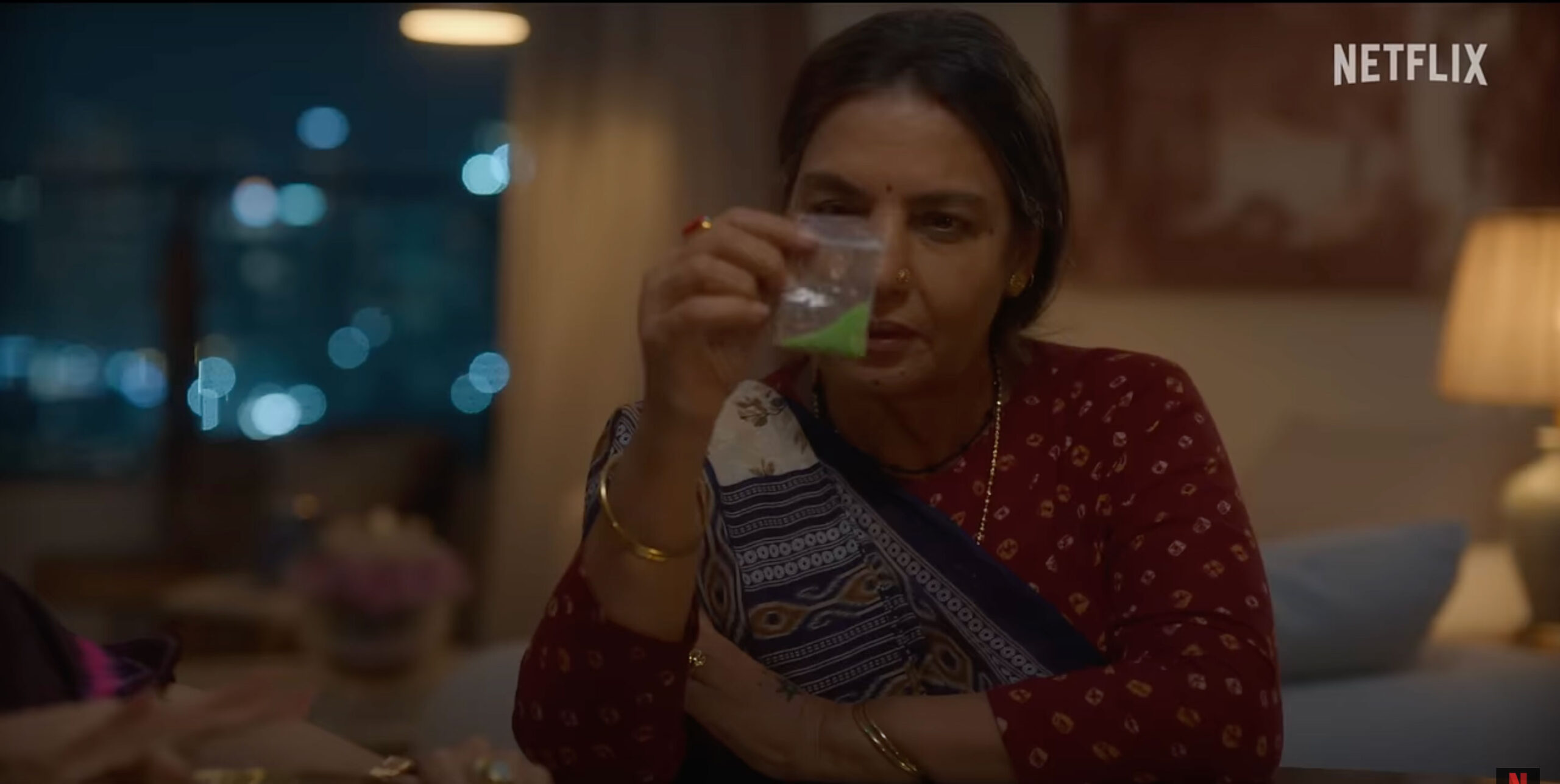I read Ashok Yadav’s cover story titled “OBC Quota Division: States’ Job, Not Centre’s” in the July 2015 issue of FORWARD PRESS, in which he argues that the problem of disproportionate representation in the seats of power cannot be solved by dividing the central OBC list and that, instead, this should be done at the level of the states. He also said that no purpose would be served if the Centre draws up a separate list of EBCs but the states do not do so. I disagree with his contentions. I am of the view that the OBC list should be bifurcated not only at the level of the states but also at the central level.
It is believed that more than half (around 52 per cent) of the country’s population are OBCs. In the present circumstances, bifurcation of the OBC category at the central as well as state levels is not only necessary but unavoidable. This becomes clear in the context of the reservation policy enunciated by Babasaheb Ambedkar and the Constitutional provisions for ensuring social justice.
The Preamble to the Constitution guarantees to all citizens justice, whether it is social, economic or political; liberty; equality; and fraternity. Article 14 says, “The state shall not deny to any person equality before the law or the equal protection of the laws within the territory of India.” This means that “unequals” cannot be treated equally. Measures are required to bring the socially and educationally backward classes on a par with the forward classes. Articles 16(4) and 15(4) of the Constitution empowers the state to make special provisions for the advancement of socially and educationally backward classes, such as reservations in jobs and in admission to educational institutions.
 In 1955, the Government of India appointed the Kaka Kalelkar Commission, in keeping with the provisions of Article 340 of the Constitution. This Commission, in its report, included in the category of OBC, some castes which were worse off than the rest. These were classified as denotified and nomadic castes. The Government of India, however, rejected the report of the Commission.
In 1955, the Government of India appointed the Kaka Kalelkar Commission, in keeping with the provisions of Article 340 of the Constitution. This Commission, in its report, included in the category of OBC, some castes which were worse off than the rest. These were classified as denotified and nomadic castes. The Government of India, however, rejected the report of the Commission.
In 1871, the British had promulgated a draconian law called the Criminal Tribes Act to deal with the so-called criminal tribes in the country. After Independence, in 1949, the Iyengar committee was constituted to study this law. On the basis of the report of the committee, a bill was tabled in Parliament to repeal the act. Participating in the debate on this bill, Shripal Singh, a respected parliamentarian from Bihar, said that mere repealing of the act wouldn’t suffice. He said we, as a country, would not be doing justice to these communities till they were given reservations and educational facilities like those for the SCs and STs, as well as a separate budgetary allocation.
Many of the states started implementing reservations for the backward classes in appointments to government services as well as in admissions to educational institutions before and immediately after the Constitution came into force. The Government of Maharashtra carved out a separate quota for Denotified Tribes (DNT) in 1961 from the OBC quota. As the reservations were not provided for such classes in the central government services and educational institutions, the Government of India appointed the Mandal commission under Article 340 of the Constitution. The Mandal Commission recommended 27 per cent reservation for the socially and educationally backward classes in government services, apart from various other recommendations such as educational concessions, financial assistance, structural changes, etc. The Mandal Commission, while writing the report, kept in view the Supreme Court’s pronouncement with regard to the maximum reservation allowed for the socially and educationally backward classes under Articles 15 (4) and 16 (4) and the sub-groups within the OBCs. L.R. Naik, one of the members of the Commission, recorded a note of dissent for the volumes VII onwards of the report. He was of the view that the state-wise list of Other Backward Classes should be split into two parts – the intermediate backward classes and the depressed backward classes. But the majority of the members did not accept L.R. Naik’s proposal.
Naik said that because the better off among the backward classes would not allow the rest of the Backwards to progress in the future, the most backward and extremely backward castes would have to unite and build their own leadership.
Now, if the OBC list is not divided at the state as well as at the central levels, the EBCs and denotified, nomadic and depressed backward classes will not be able to take advantage of the 27 per cent reservation for OBCs. In the case of Maharashtra, on the suggestion and recommendation of Tata Institute of Social Sciences and the Planning Commission, the state government, in 1961, split the OBC quota to provide reservation to these classes. And that has helped the denotified, nomadic and extremely backward classes to take advantage of the OBC reservation.
In its judgment on the case Indra Sawhney versus Union of India, the Supreme Court, referring to the Mandal commission’s recommendation of providing 27 per cent reservation to the OBCs, said, “There is no Constitutional bar to classification of backward classes into more backward and backward classes for the purposes of Article 16(4). The distinction should be on the basis of degrees of social backwardness. In case of such classification, however, it would be advisable – nay, necessary – to ensure equitable distribution amongst the various backward classes to avoid lumping so that one or two such classes do not eat away the entire quota leaving the other backward classes high and dry.”
Paragraph 802 of the judgment says there is nothing in the Constitution or the laws to stop a state from dividing the backward classes into backward and more backward classes. The judges add that that they are not saying that it ought to be done but only that if it is done, it will be valid. They have explained their stand using an illustration of two occupational groups, goldsmiths and Vaddes (traditional stone cutters). If both of them are included in one category, goldsmiths will take away all the reserved posts, leaving none for Vaddes. Therefore, the state may have to think of carving out a quota for the more backward from the quota for the backward classes so that the benefits intended for them don’t go to others who can do without them.
The Department of Social Justice in the Ministry of Social Justice and Empowerment, in its national conference held on 25 April 2005 in New Delhi, had passed a resolution to split the OBCs into Backward Classes and Most Backward Classes. The observation made was that since there were no subgroups in the central list of OBCs, there was a possibility of comparatively less backward castes/communities cornering benefits of reservation and other facilities. Thus, in the long term, quotas within the quota were necessary to bridge the gap between different, unequal groups among the backward classes. According to the resolution, as and when the states and union territories completed drawing up categories within their respective lists of backward classes, measures could be taken for the categorization of the central lists of backward classes for each state.
In 2006, the Balkrishna Renke Commission was constituted to make recommendations for the development of the nomadic castes. This commission submitted its report to the Government of India in 2008, in which it recommended that that the denotified and nomadic castes should be given 10 per cent reservation. But this recommendation could not be implemented as the government did not have any credible figures on the population of these castes. Given this state of affairs, the government’s decision to conduct a caste census has been a good one.
In 2015, Dadasaheb Idate Commission was constituted. It was given the task of drawing up a comprehensive list of all Denotified Tribes of the country and make recommendations for their development and growth. The commission has begun its work but it will take at least two years to complete the report. We want that the Commission to submit its interim report. We have raised this issue before the National Commission for Backward Classes. We also want the 27 per cent quota for the OBCs to be divided and the EBCs to be given all the facilities and concessions provided to the SCs and the STs.
We have been saying this for the last 20 years and a big movement has been launched in the country on this issue. An article of mine published in the FORWARD Press November 2011 issue titled “DNTs need bifurcation of OBC” had won wide appreciation. Since the implementation of Mandal Commission report in 1993, it has been found that the IAS, IPS and IFS officers recruited by the UPSC under the OBC quota mostly belong to a handful of upper backward castes of select states.
That is why I am in sharp disagreement with Ashok Yadav and I want to emphatically state that the proposal put forward by the National Commission for Backward Classes regarding bifurcation of the central list of OBCs is a welcome move and in consonance with the principles of social justice. The proposal encapsulates the basic premises of the reservation policy of Chhatrapati Shahuju Maharaj and Dr Ambedkar. I believe that the leaders of the better-off OBCs should not politicize this issue. They should allow the deprived and the oppressed from among the OBCs to grow and prosper. We should also try to ensure that Karpoori Thakur’s formula is implemented not only in Bihar but all over the country.
Dr Ambedkar had once said that if two horses – one strong and another weak – are fed from the same basket of gram, the strong one will gobble up the entire stock, leaving little for the weak one. This is what is exactly happening vis-à-vis the OBC quota.
When I was a member of Parliament, I had tabled a private member’s bill in 2008, calling for the bifurcation of OBC quota at the central and state levels, arguing that this was the centre’s responsibility. If this is done, it will be biggest step towards social justice in the current decade.
Published in the September 2015 issue of the FORWARD Press magazine





